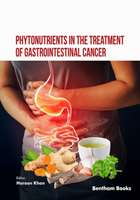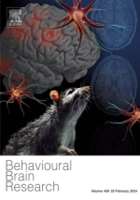Astaxanthin ameliorates spinal cord edema and astrocyte activation via suppression of HMGB1



.png)


Spinal cord edema is a quick-onset phenomenon with long-term effects. This complication is associated with inflammatory responses, as well as poor motor function. No effective treatment has been developed against spinal edema, which urges the need to provide novel therapies. Astaxanthin (AST) is a fat-soluble carotenoid with anti-inflammatory effects and a promising candidate for treating neurological disorders. This study aimed to investigate the underlying mechanism of AST on the inhibition of spinal cord edema, astrocyte activation, and reduction of inflammatory responsesin a rat compression spinal cord injury (SCI) model. Male rats underwent laminectomy at thoracic 8–9, and the SCI model was induced using an aneurysm clip. After SCI, rats received dimethyl sulfoxide or AST via intrathecal injection. The effects of AST were examined on the motor function, spinal cord edema, integrity of blood-spinal cord barrier (BSCB), and expression of high mobility group box 1 (HMGB1), toll-like receptor 4 (TLR4), nuclear factor-kappa B (NF-κB), glial fibrillary acidic protein (GFAP), and aquaporin-4 (AQP4), and matrix metallopeptidase- 9 (MMP-9) post-SCI. We showed that AST potentially improved the recovery of motor function and inhibited the spinal cord edema via maintaining the integrity of BSCB, reducing the expression of HMGB1, TLR4, and NF-κB, MMP-9 as well as downregulation of astrocyte activation (GFAP) and AQP4 expression. AST improves motor function and reduces edema and inflammatory responses in the spinal tissue. These effects are mediated by suppression of the HMGB1/TLR4/NF-κB signaling pathway, suppressing post-SCI astrocyte activation, and decreasing AQP4 and MMP-9 expression.






